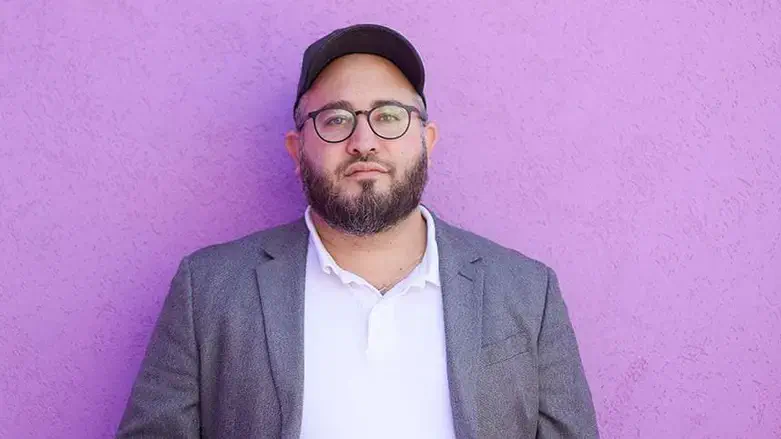
After more than a year and a half in captivity, the Israeli public has once again been shown the faces of two hostages taken on October 7th: U.S.-Israeli soldier Edan Alexander and Israeli father Elkana Bohbot.
Their appearance on camera is a moment of mixed emotions — on one hand, gratitude. Gratitude that they are still alive after over 500 days in Hamas captivity. Gratitude that their families finally have visual confirmation of that fragile, essential fact.
But let’s not lose our clarity for even a second. These videos are not a humanitarian gesture. They are not a sign of compassion. And they certainly are not evidence of any moral awakening within Hamas. If Hamas wished to show humanity, they could have released Edan and Elkana. They could release all the hostages. But they haven’t. Because this isn’t about goodwill. This is psychological warfare, and it must be seen for what it is.
These videos are designed — precisely and purposefully — to manipulate Israeli society. Every word spoken in them is produced under extreme psychological and physical duress. These men are captives of a terror organization. They are isolated, likely abused, possibly drugged, and absolutely used. What they say is not a reflection of their true thoughts, but of their captors’ strategy.
And the strategy is clear: to shake the foundations of Israeli unity. To ignite division. To stir unrest. Edan pleads with the people of Israel to protest. Elkana appeals to the public to pressure the government. These messages are not coincidences — they are deliberate. If they did not serve Hamas’ goals, the videos would never have been released.
That alone tells us everything.
The logic is painfully simple. Hamas is not a charity. They are not interested in transparency, justice, or mercy. They do not allow cameras into Gaza to show the condition of hostages. They do not allow Red Cross visits. They have turned these men — and the dozens of others still in captivity — into instruments of propaganda. So the only rational response to these videos is to assume the inverse of what they present. If Hamas wants us to protest, the worst thing we can do is give them that satisfaction. If Hamas wants us to believe our leaders have abandoned our people, then the most powerful act of resistance is to remain unified, focused, and resolute.
We don’t need to all agree on politics to agree on this: the hostages are being used. We cannot allow their suffering to be turned into fuel for Hamas’ machine. To do so would be to hand our enemies a psychological victory they have not earned and do not deserve.
At this point, I know many of you reading this are asking yourselves: So what should we be doing? And the truth is — there’s no perfect answer to that. I’m not here to lay out policy, or promote a specific course of action. Not now. But what I do know with absolute certainty is this: Playing into the hands of those who hold the chains around our children’s necks is not the answer.
Edan and Elkana are alive — and that is a miracle. But they are also still in chains. Let’s not become tools for the very people holding those chains. Let’s channel our pain into resolve. Let’s answer this tactic not with rage at each other, but with unwavering clarity: Israel does not bend to the will of terrorists.
We see your game, Hamas. And we will not play it.